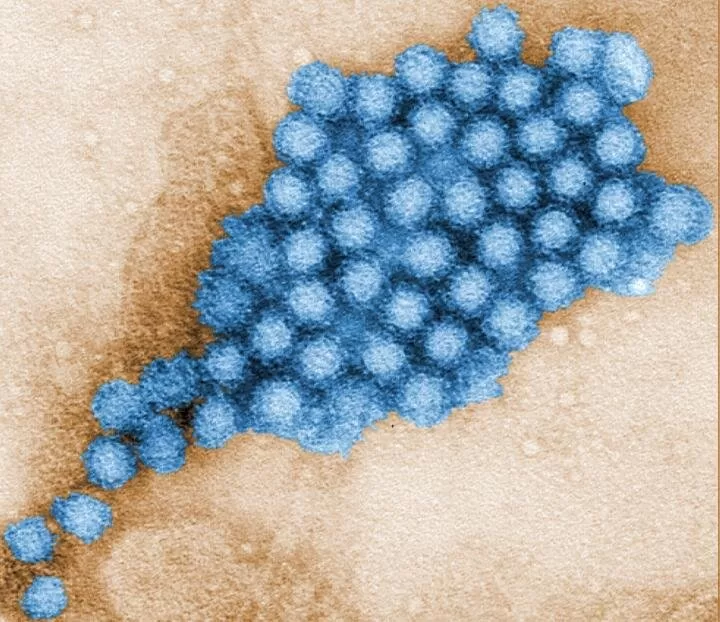TORONTO – A surge in norovirus cases is being reported across Canada, the United States, and internationally, prompting health officials to issue warnings about the highly contagious virus. Experts attribute the rise to a re-emerging strain and decreased population immunity.
Norovirus, a virus that causes gastrointestinal distress, is characterized by diarrhea, vomiting, and sometimes low-grade fever. While most individuals recover within one to three days, the virus poses a greater risk to young children, the elderly, and those with compromised immune systems, who may experience more severe symptoms, including dehydration and electrolyte imbalance requiring hospitalization.
“This predominant strain—we call it GII.17—is re-emerging after it caused a worldwide outbreak about 10 years ago,” explains Dr. Nelson Lee, an infectious disease physician and director of the University of Toronto’s Institute for Pandemics. “After disappearing for some time, the population-level immunity to it has substantially decreased—thus, we are becoming more susceptible to the infection.”
Dr. Lee also highlights the virus’s low infective dose and the role of vomiting in its spread. “Only a small amount of the virus is needed to infect an individual,” he says. “The characteristic symptom of vomiting can help transmit the disease because a patient’s vomit can more easily spread in an open environment than diarrhea. Vomiting can contaminate a lot of surfaces and increases the risk of infection.”
The virus is particularly adept at spreading in confined settings such as schools, nursing homes, long-term care facilities, and cruise ships, leading to frequent outbreaks.
A key message from health experts is the ineffectiveness of alcohol-based hand sanitizers against norovirus. “The structure that encloses the virus—the capsid—protects the virus and makes it more resistant to alcohol-based sanitizers,” Dr. Lee explains. Unlike some other viruses, norovirus lacks an outer envelope that can be dissolved by alcohol.
To protect themselves and others, health officials recommend:
- Thorough handwashing with soap and water: This is the most effective way to prevent the spread of norovirus.
- Proper food handling and preparation: This includes washing fruits and vegetables and ensuring that food, especially shellfish and oysters, is cooked properly.
- Disinfection of contaminated surfaces: Using bleach-based cleaners to disinfect areas such as bathrooms is crucial.
While there are no specific antiviral treatments for norovirus, those infected are advised to stay hydrated and replace electrolytes
Individuals experiencing severe symptoms should seek medical attention.












